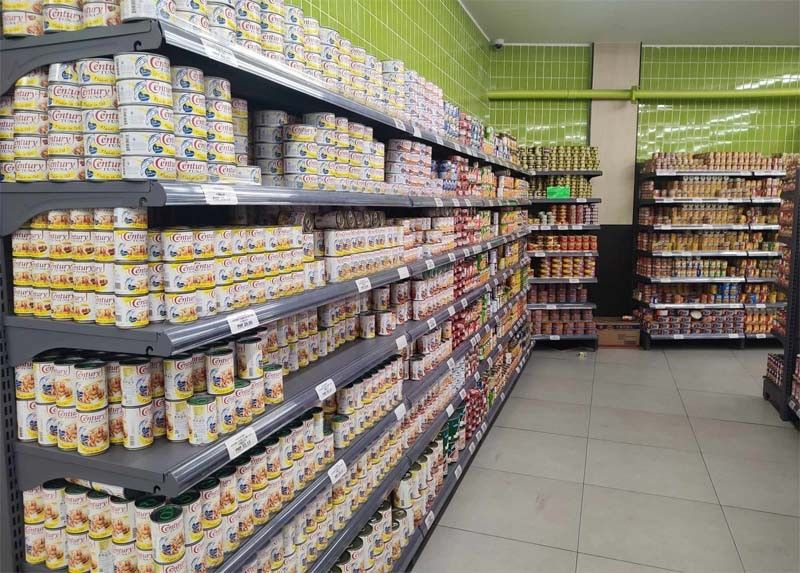‘Inflation battle not over for Philippines’

MANILA, Philippines — The inflation battle is not yet over in the Philippines as the growth in prices is likely to stay above the two to four percent target range of the Bangko Sentral ng Pilipinas (BSP), according to economists.
In a commentary titled “The Philippines: The Food and Fuel Problem Re-emerges,” ANZ Research said it raised its inflation forecasts to six percent from 5.3 percent for this year and to 3.5 percent from three percent for next year.
“In short, the Philippines’ inflation battle is not yet over,” ANZ chief economist Sanjay Mathur and economist Debalika Sarkar said.
The authors said they see scope for inflation to rise in the near term amid the risk that food and energy prices feed through to other components of the consumer price index (CPI) basket.
Inflation averaged 6.6 percent and remained above the BSP target range during the eight-month period after quickening to 5.3 percent in August from 4.7 percent in July.
Headline inflation eased for six straight months after peaking at a 14-year high of 8.7 percent in January amid the series of aggressive rate hikes delivered by the BSP, as well as non-monetary measures implemented by the national government to tame inflation.
Although food and energy or non-core items account for 28.1 percent of the country’s CPI basket, ANZ said their sheer volatility could materially skew the headline print and bolster another round of cost-push inflation.
On the other hand, Moody’s Analytics sees inflation easing in the coming months to touch the upper bound of the BSP’s two to four percent target by the end of the year.
In its latest weekly highlights and preview, the research arm of the Moody’s Group said it expects headline inflation to average 5.7 percent this year, slightly lower than last year’s 5.8 percent.
Moody’s Analytics said the biggest worry is that the El Niño weather pattern may further hinder agricultural crops and keep prices of food, which comprises more than half of the CPI basket, elevated for longer.
“Despite that, we expect inflation to ease over the coming months and touch the higher bound of BSP’s two to four percent target by the end of the year,” it said.
According to Moody’s Analytics, prices have soared due to domestic challenges and India’s ban on the export of non-basmati white rice. The Philippines is one of the world’s largest importer of rice.
Furthermore, it added that Typhoon Goring swept through northern provinces, damaging crops such as rice and corn.
“Beyond bad weather, the government has blamed price manipulation by industry participants for contributing to higher food prices,” Moody’s Analytics said.
This prompted Malacañang to issue Executive Order 39, imposing a price cap of P41 per kilo for regular milled rice and P45 per kilo for well-milled rice effective last Sept. 5.
Besides rising inflation, Moody’s Analytics also said that the unabated fuel price hikes, as well as higher train fares have created an upward pressure on inflation.
The inflation downtrend and the slower-than-expected gross domestic product growth in the second quarter of the year allowed the BSP to maintain a hawkish pause as it kept key policy rates unchanged for three straight rate-setting meetings between May and August this year.
The BSP emerged as the most aggressive central bank in the region after raising interest rates by 425 basis points between May last year and March this year to tame inflation and stabilize the peso.
Moody’s Analytics said the BSP is likely to maintain a prolonged high interest rate environment by keeping rates steady for the rest of the year.
“Unless inflation across food and energy proves to be stickier than expected, the central bank is likely to hold rates steady for the rates of the year and cut rates from the first quarter of 2024,” it added.
ANZ also maintained its view that the BSP would keep the benchmark policy rate at 6.25 percent on hold until next year.
“For now, we maintain the view that the BSP will hold the policy rate at 6.25 percent and that a cut is unlikely even in 2024. Our earlier view was the BSP would be able to start cutting the policy rate from the second quarter of 2024,” Mathur and Sarkar said.
- Latest
- Trending






























